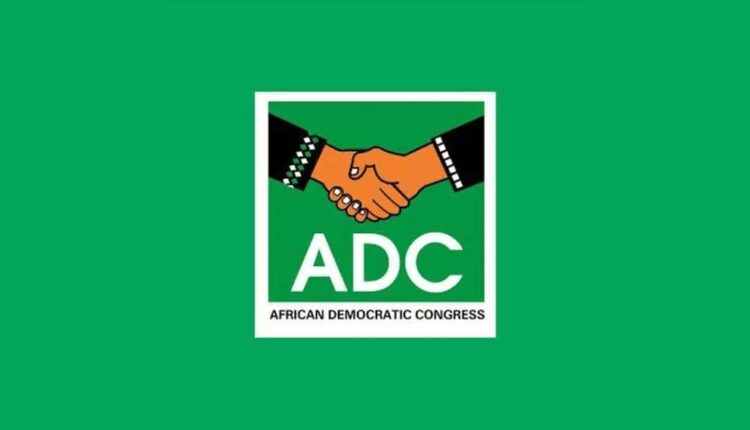The African Democratic Congress (ADC) has issued a strong warning to the Federal Government and the Nigeria Police Force over what it calls a disturbing pattern of harassment and intimidation of opposition figures, urging security agencies to focus instead on combating widespread criminal violence.
Our correspondent gathered from a statement signed by Mallam Bolaji Abdullahi, the party’s National Publicity Secretary, that the ADC condemned the recent police summons issued to former Kaduna State Governor, Mallam Nasir El-Rufai, and the violent attack on the convoy of former Attorney General of the Federation and Minister of Justice, Abubakar Malami (SAN), in Birnin Kebbi, Kebbi State.
Several ADC members were reportedly injured in the attack, which took place in broad daylight, just metres away from a police outpost.
“At a time when terrorists and criminal gangs operate freely in large parts of the North, the Nigerian Police appears more interested in silencing opposition leaders than protecting citizens,” the statement read.
“Instead of arresting those who violently attacked peaceful ADC gatherings, the police are now targeting the victims with summons. This is an affront not only to the individuals concerned but to the very foundation of democracy in Nigeria.”
According to the ADC, in Kaduna, thugs armed with stones and cutlasses reportedly disrupted a peaceful meeting of the party, while in Kebbi, Malami’s convoy was violently attacked, yet no arrests have been made.
“Despite the seriousness of the attack, the perpetrators remain at large,” the statement stressed, warning that public confidence in the Nigeria Police Force risks collapsing if the institution is perceived as “a willing tool of political suppression rather than a national security agency.”
The party urged Nigerians to take note of what it described as “a dangerous trend” and called on the Federal Government to redirect law enforcement agencies towards their constitutional role of safeguarding lives, property, and the democratic order.

